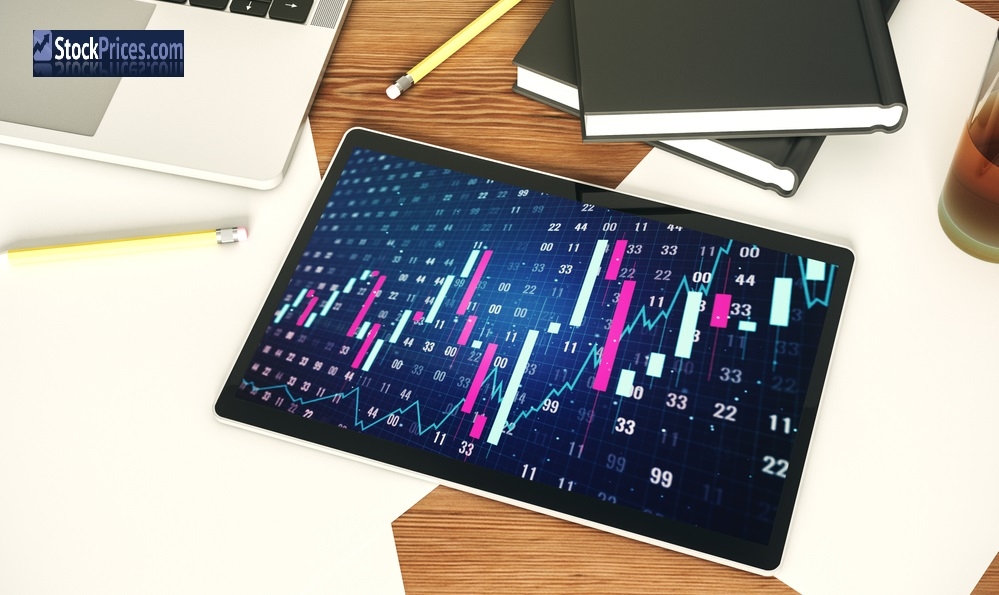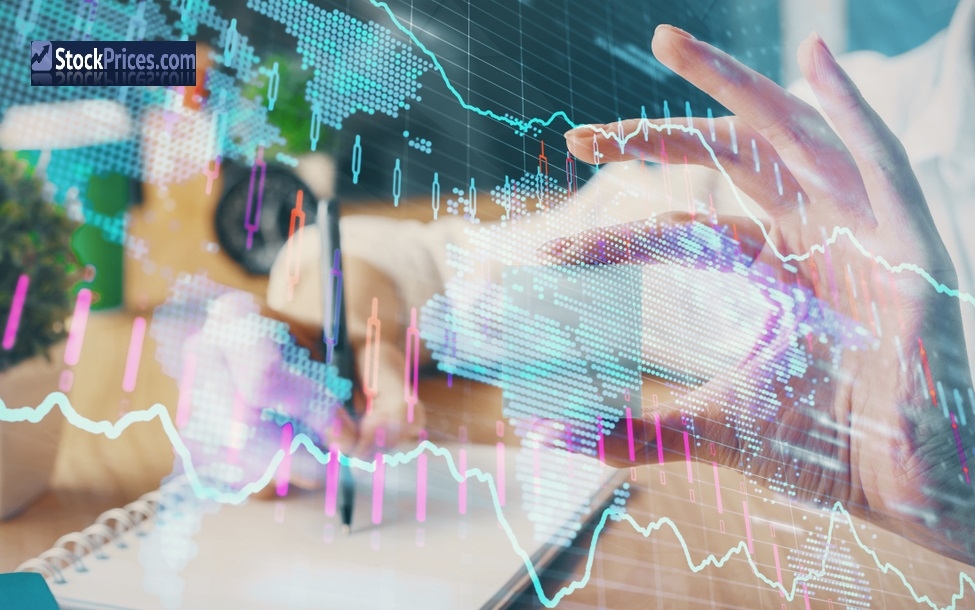A Comprehensive Guide on Stock Market Index Futures
By Yash

Stock market index futures are derivatives. They help to trade indices at a certain price and date in the future.
You, too, can trade in it with contracts for difference (CFDs). You can speculate on index future price movements.
Stock market index futures are traded like other futures contracts. You will be negotiating to settle the contract on a predetermined date at a specific price when you sell or buy the contract.
You can speculate whether the price of a stock market index futures contract will fall or rise.
Index futures are leveraged products like other futures markets. This enables you to trade with only a fraction of the contract value.
This gives you increased market exposure. But it also means that losses or profits will be magnified. This is as they are not based on the deposit but the total position size.
Why should you trade cash indices and Stock Market Index Futures?
1. Hedge your existing exposure
Hedging involves offsetting potential losses in existing trades by opening another position. A hedging position moves inversely to the asset you are already holding.
E.g., you could open an index futures contract position going short of offsetting an existing stock position in which you went long.
This means it would offset any losses in your position by making a profit and vice versa.
2. Access a vast range of markets
With us, you can trade all the top global indices, including the Germany 30, Wall Street, FTSE 100, and more.
Apart from index futures, you can also speculate on commodity futures and bond futures. This is all done from one centralized account.
3. There is better execution due to deep liquidity.
The number of trades that are handled every day means that our futures markets are very liquid.
This means that you can even deal in larger sizes. You are likely to have the order filled at the desired price.
4. Capitalize on falling and rising prices
Trading futures with CFDs means that you can make a profit or a loss even if an index's price drops. This is unlike owning an asset outright.
You would go short if you thought it would fall and long if you believed that the index price would rise.
5. Take leverage to maximize your capital
Stock market index futures provide exposure for a much lower amount to a sector or the market as a whole. This is without buying the individual shares.
This initial outlay is only a fraction of the value of a normal trade. This can free up capital. The amount can be committed to other investments.
Trading with leverage helps to maximize profits. But losses can be compounded too. This is because both are calculated on the total position size.
How to trade index futures

1. Know the difference between stock market index futures and CFDs
CFDs can be used to speculate on the underlying futures market. This means that the futures positions are closed and opened on the broker platform.
You are not required to take the delivery of the underlying options. You can trade with leverage instead. This holds whether index prices are falling or rising.
You can use CFDs to trade cash indices also. This is called spot trading, and it's more suited to day trading.
2. Understand financial leverage
CFDs are leveraged. This means you can speculate on future index contracts. You do not need to sell or buy any physical assets.
You will use a deposit called margin with leveraged trades. It will help you to open a more significant position. Your losses and profits are calculated on the total position size.
This means all profits or losses may be much higher than the deposit.
3. Select your index
Various futures markets can be traded with CFDs. It is offered for all the world's major indices for futures trading, including the Germany 30, Wall Street, FTSE 100, Wall Street, and more.
You can also get competitive spreads. Many offer trades for as little as 1 point on the FTSE 100.
Some indices have greater volatility than others. They are better suited to short-term traders. It is often traded using spot trading.
4. Decide on buying or selling.
You can buy or sell an index price when trading futures with CFDs. This is unlike owning an outright futures contract.
Buying means that you want the value of a future to increase. On the contrary, selling means that you want the value to decrease.
So, if you think that the price of an index will increase, you will open a long position. On the contrary, you will open a short position if you believe the underlying index price will fall.
5. Make your first trade and begin trading.
Go to your trading platform and choose an index to make your trade.
Choose Futures from the menu. You can do this on the price chart next to the index name tab. Then decide whether you want to sell or buy the index. Finally, select your position size.
Remember to set your limits and stop losses before placing the trade.
6. Monitor and close your open position
Tou will need to monitor the trade after placing it. Check whether the markets are behaving the way you predicted.
You can close the trade to limit losses or lock-in potential profits. Select your open position and click on Close to close your trade.
You can close a futures contract trade before its expiry date.
Index futures example
Let us say you wanted to trade the S&P 500 index using CFDs.
If you think that the S&P 500 will increase from 4300.00 to 4905.50 in the next three months, you could decide to buy (go long) two S&P 500 futures contracts, valued at $250 each.
The total value of your position would be $2,150,000 (a buy price of 4300 x 2 contracts x $250).
CFDs are leveraged, so you will put up a deposit (called margin) to open a position.
The margin rate for trading futures with CFDs is 5%, so you would only need to put up a margin worth 5% of the total value of your futures position – this equals $107,500 (5% x $2,150,000).
Your prediction may be correct, and the price may increase to 4905.50. Then the profit will be the difference between 4905.50 and 4300.00 multiplied by the two FTSE futures at $250.
However, your prediction may be incorrect. The price of the FTSE 100 may fall to 4100.00 by the end of the three months. Then you would incur a loss of $100,000 (4100 - 4300 x 2 S&P futures at $250 each).
Remember that both profits and losses are calculated based on 100% of your position value, not your margin amount.
Cash Indices vs. Index Futures
Cash indices and Stock Market Index Futures trades use derivatives such as CFDs. But there are some differences between both. Find out which trading method suits you by reading this comparison.
Conclusion:
Online stock brokerages permit futures trading. You must be approved for a margin. You should also have options privileges in your account.
There are stock index exchange-traded funds (ETFs) too. They offer access to stock futures. They do not carry the risk that stock market index vehicles have.
You may be determined to invest in stock index futures. Before making any deals, consult with an experienced financial professional or investment advisor.
You will benefit from objective investment advice. It will help to steer you towards more responsible and measured investment decisions.







